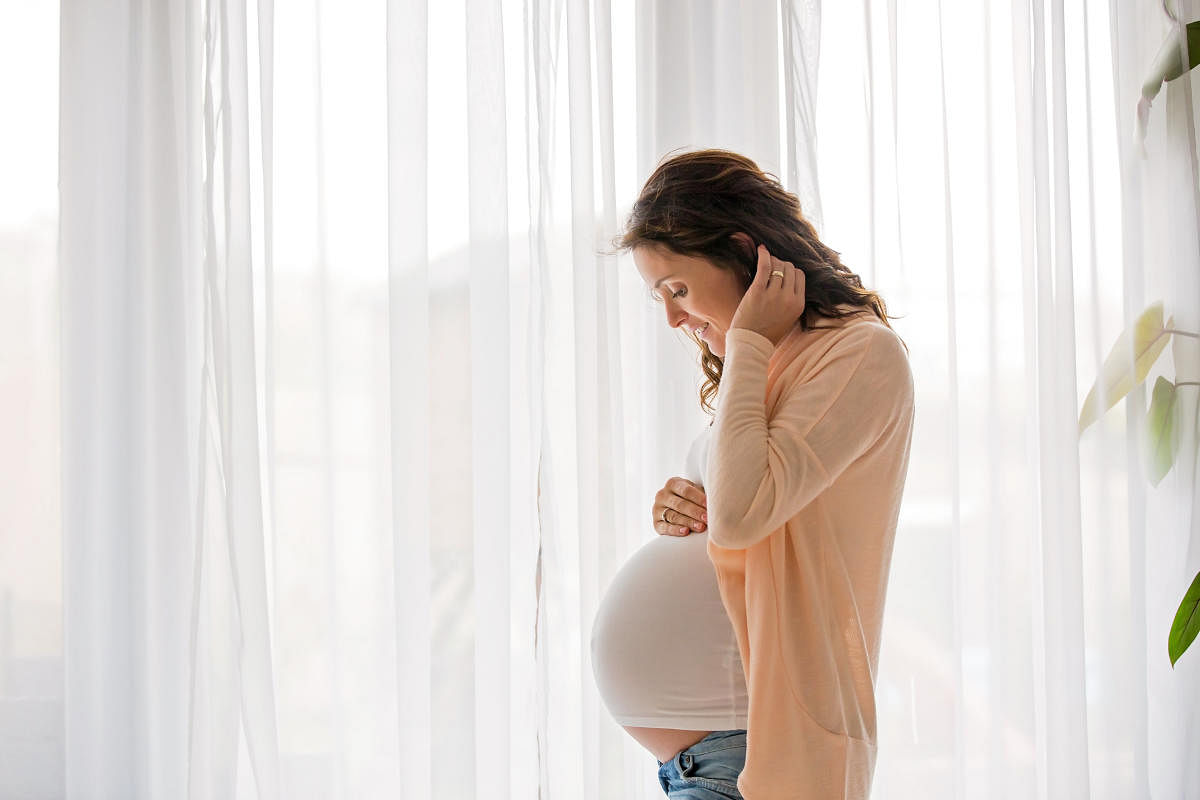
A c-section or a caesarean delivery is performed when the mother or the unborn child face any complications during pregnancy and labour. This major surgery is associated with immediate maternal and prenatal risks. It might affect future pregnancies and its long-term effects are still being investigated. Of late, there has been an increase in c-section births, especially in middle and high-income countries.
This has become a concern worldwide, as there is a lack of consensus on the short, long-term risks as well as costs for these surgeries. The latest data from 150 countries has revealed that, 18.6% of kids worldwide are born by c-section, ranging from 6% to 27.2% in the less and most developed countries, respectively.
A c-section is carried out for reasons like fear of pain during childbirth, concerns about genital modifications after vaginal delivery, misconception that c-section is safer for the baby, for the convenience of doctors, to avoid complications etc. Perhaps due to the complexity of all these scenarios, interventions to reduce unnecessary c-sections have only shown moderate results.
To bring down the cases of c-sections, families and doctors must improve the quality of midwifery. Moreover, a proper research needs to be conducted to explore the impact of these different factors while considering intervention to reduce unnecessary surgeries.
In order to reduce the c-section rates, we must not hinder quality care to the needy to bring down maternal and neonatal mortality. WHO proposed the Robson classification system as a global standard for assessing, monitoring and comparing c-section rates, and its use has increased spontaneously worldwide over the last decade. This classification allows analysis of c-section rates according to important maternal and foetal variables like onset of labour, gestational age, number of foetus etc.
Deccan Herald is on WhatsApp Channels | Join now for Breaking News & Editor's Picks